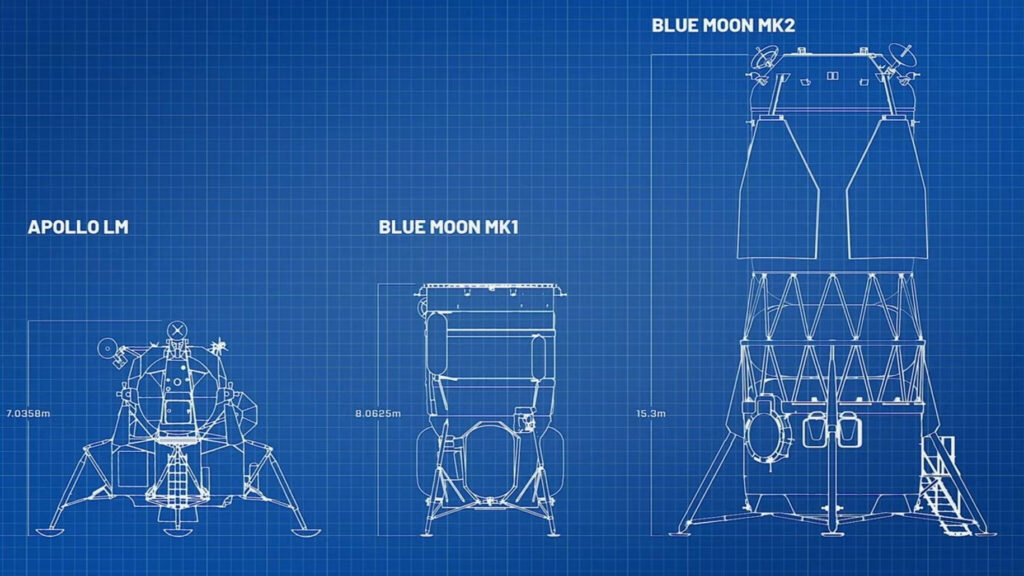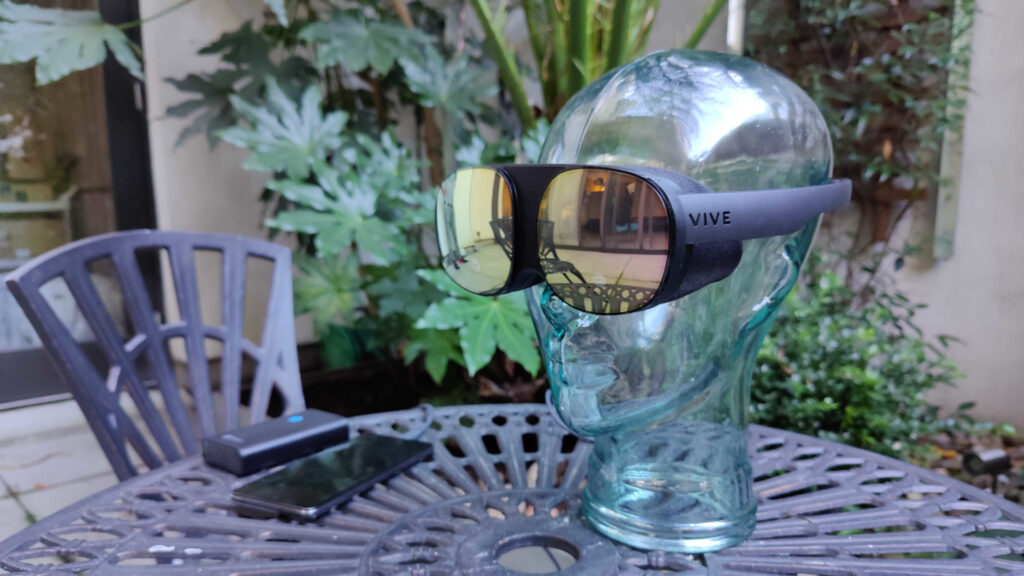If you’re in the market for the best telescope deals then you’ve come to the right place as we’ve scoped out the best discounts in the known universe. Trying to find the right one for you can be a bit of a pain, so we’ve come up with this handy guide to highlight the top savings out there.
We’ve included top telescope deals to suit every level of astronomer and every budget. We’ve also split this guide up into sections, to make navigation easier so whether you’re a US based or UK based astronomer or you just need some buying advice, there’s something for you here. If that wasn’t enough for you – there’s also some top deals on the best telescopes on the market, and we keep this page updated year-round, so it’s always worth checking back.
To make sure you’re getting a top telescope deal, we’ve made sure to only include trusted brands from reputable retailers, so quality is assured. It’s also worth remembering that if you don’t find what you’re looking for here, the best binoculars are often a cost-effective alternative to telescopes, despite being less powerful, and there are some great binoculars deals too.
However, if it’s telescope deals you’re after, we have a range of reflector, refractor and catadioptric models below, all of which offer stunning night sky views at a discount. If you know which make of scope you normally prefer, be sure to check out our Celestron telescope deals, Sky-Watcher telescope deals, Meade telescope deals and Orion telescope deals guides. But, for the best telescope deals on the market, you can check all the offers below.
Today’s best US telescope deals
Today’s best UK deals
Buying advice: Finding the right one for you
When buying a new telescope or searching out the best telescope deals on the market, something to think about is what exactly it is you want to look at with your new scope. Do deep sky objects like faint nebulas or galaxies interest you, or would you prefer stunning views of the moon and nearby planets?
For deep sky targets and star clusters, you’ll be better off looking for something with a shorter focal length – something around the 500mm (20 inches) mark would work really well. If however, you want to see the moon and planets then you should look for something with a longer focal point – around 2000mm (80 inches) would work really well for this.
There’s also different types of telescope available so you should think about which would be best suited for you. Not to worry though, we’ve included a run-down of what’s what and explain the different types of telescope below, so whether you’re after a reflector, refractor or catadioptric – you’ll know for sure.
Refractor telescopes are great for beginners, as they’re easy to assemble and operate. They’re also usually relatively cheap to manufacture, which is reflected in their final price. They are best suited to viewing things like planets and moons, thanks to their typically long focal length, but unfortunately, they do have a tendency to suffer from chromatic aberration.
Reflector telescopes are well-loved by amateur astronomers and better suited to low-magnification targets, such as galaxies and nebulas. These telescopes can be divided into two different types: Newtonians and Dobsonians. Newtonian reflectors are quite versatile and well-suited to astrophotography, but they require quite a lot of upkeep. Dobsonians might be more tempting to amateurs, as they tend to be simpler to maintain.
Finally, there are the slightly pricier catadioptric telescopes, which were created to tackle some of the problems found in the standard refractor and reflector design. Here, we’ve divided them into two categories: the Maksutov-Cassegrain and the Schmidt-Cassegrain. The former model is great for correcting issues such as the “coma” distortion effect and the aforementioned chromatic aberration. The latter is a very versatile model, also boasting reduced chromatic aberration, which typically comes equipped with a GoTo system. This software allows you to automatically point your scope at particular astronomical objects, which is great for beginners.
Newtonian telescope deals

Newtonian telescopes are popular with amateur astronomers because they allow users to focus on a really wide range of night sky objects. They’re complicated bits of kits that require a fair bit of maintenance, so if you are going to buy one of these models then make sure you pick one that has mirrors with a protective coating, as it will last longer.
Below, you’ll find deals on a couple of our favorite models, depending on availability in your local area: the Meade StarNavigator NG 114 and the Celestron StarSense Explorer DX 130AZ (opens in new tab). Both models are great for beginners and – crucially – very reasonably priced.
Dobsonian telescope deals

Dobsonian telescopes are another kind of reflector telescope. They’re a lot easier to maintain and operate than their Newtonian counterparts, but they’re still great for spotting a wide range of astronomical objects.
In the deals box below, you’ll find the latest prices for the Orion SkyScanner 100 Reflector, the Sky-Watcher Skyliner 200P and the Sky-Watcher Flextube 300 SynScan Dobsonian. The former two models are reasonably priced and ideal for beginners, while the latter model is a slightly pricier option, with a huge aperture that allows you to see deeper into space.
Refractor telescope deals

Refractor telescopes are intuitive to use and easy to set up, so they are popular with novice astronomers. They are also relatively cheap to manufacture, which means that you can get a refractor telescope with a decent size aperture for a very good price. The only drawback here is that the telescopes can suffer from chromatic aberration, where colors and images can seem a bit fuzzy.
Here, we’ve rounded up some of our favorite refractors: the Orion Observer II 70 Refractor, the Meade Instruments Infinity 102 AZ, the Celestron Inspire 100AZ and the Celestron Omni XLT 120 (opens in new tab). The first three are brilliant for beginners who want to get clear views of planets, while the Celestron Omni XLT 120 is perfect for intermediate astronomers who value high-quality optics and want to spend a little more.
Maksutov-Cassegrain telescope deals

Put simply, Maksutov-Cassegrain telescopes correct problems you might find in a reflector telescope, such as the ‘coma’ effect, where images appear blurred. They have sealed optics, so you don’t have to worry about maintenance, and they also tend to come with a go-to system, making it easy to navigate the stars. Some of the best beginner telescopes (opens in new tab) can be found in this category, although they can also be a little bit pricey.
Just below, you’ll find deals on some of our favorite models when they’re available. These are the Meade ETX90 Observer, the Sky-Watcher Skymax 150 PRO and the Celestron Astro Fi 102. The Celestron Astro Fi 102 is actually fairly well-priced — and a great option for beginners — while the other two are a little more expensive, but still easy to set up and intuitive to use.
Schmidt-Cassegrain telescope deals

The Schmidt-Cassegrain telescopes we’ve included below are high-end models, with high-quality optics to match. They all boast decent apertures and can be used to get excellent views of planets and moons. Be warned, they’re not always great for astrophotography because of their curved focal plane, but for stargazing purposes they’re excellent.
When they’re available, you’ll find deals below for the Celestron NexStar Evolution 9.25 (which boasts one of the best optical systems we’ve ever tried), the Celestron NexStar 6SE, the Celestron NexStar 8SE, and the Celestron Advanced VX 9.25 EdgeHD, which is a rare example of a Schmidt-Cassegrain telescope that can be used by astrophotographers.
Kids’ telescope deals

When you’re choosing the best telescope for your kids, you want something robust, compact and — ideally — less than $100. Here, we’ve rounded up refractor and reflector telescopes that fit the bill. These instruments will give youngsters clear views of the moon, along with some of our closest planets and stars.
These telescopes offer the perfect introduction to astronomy, but for youngsters who prefer looking through two eyes, you might want to pick up some of the best binoculars for kids instead.
Below, you’ll see deals on our top picks for youngsters: the Celestron FirstScope 76 Tabletop, the Meade Instruments StarPro 102, the Orion SpaceProbe II 76, the Celestron Astro Fi 90, the Orion StarBlast 4.5 Astro Reflector and the Celestron AstroMaster 70AZ.


